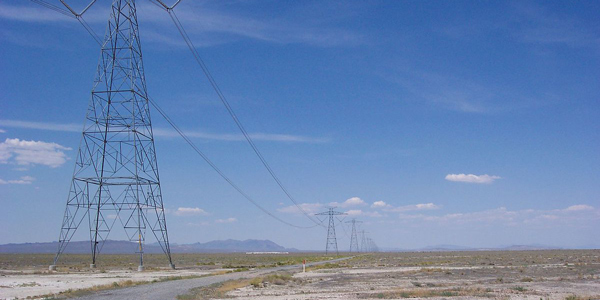By Jason Fordney
State regulators and transmission customers of Southern California Edison last week urged FERC to reject the utility’s requested rate hike for 2018, saying it is excessive and unwarranted.
The California Public Utilities Commission on Nov. 17 filed a protest after SCE last month asked FERC to approve a $1.2 billion revenue requirement, including an increased return on equity, enhanced depreciation rate and an adder for its membership in CAISO.
“The CPUC opposes SCE’s proposed formula rate, which eliminates the minimal ratepayer protections contained [in] its current rate and only benefits the company’s shareholders,” the PUC said. “This proposed formula will result in unjust and unreasonable rates in 2018 and beyond and should be rejected.”
SCE requested a return on equity of 11.57%, calculated from a base ROE of 10.3%, compared with its current base ROE of 9.3%. The PUC said the utility did not provide evidence that the hike is needed and argued that its return should actually be reduced.
The state commission also disputed SCE’s claim that California is a risky investment environment, and said the 0.5% adder for participating in CAISO is a “windfall” for investors. The utility is required to be in the ISO by state law, the PUC noted.
In its application to FERC, the utility cited the growth of distributed energy resources as a challenge, and said growth in renewables — particularly at the distribution level — has driven the need for new transmission service. It also proposed an increase in its depreciation rate from about 2.54% currently to 2.73%.
“Integrating distributed generation with SCE’s transmission system is capital intensive and complicated, but it is necessary to achieve operational flexibility,” the utility said. “This energy revolution provides great opportunities but also presents a significant amount of uncertainty.”
Also asking FERC to reject the rate hike was a group representing 27 public agencies that hold contracts with the California Department of Water Resources to supply water for drinking, commercial, industrial and agricultural purposes. The group challenged SCE’s “proxy group” — a collection of similarly positioned electric companies — used to determine fair rates, as well as the base ROE.
The state water contractors said that a large number of the capital investments for which SCE wants to recover costs “have been unilaterally approved by SCE management in contravention of the requirements of [FERC] Order No. 890 to develop local transmission plans in an open and transparent planning processes.”
The group asked FERC to establish hearing and settlement procedures over SCE’s request.
The Los Angeles Department of Water and Power filed a separate protest saying the ROE is “dramatically overstated.” The ROE should be no larger than 8%, the agency argued in its protest. The department also protested that the utility’s proposal allows for executive bonuses to derive from transmission rates.
Other parties opposing the rate hike include the DWR; the City of Santa Clara and MSR Public Power Agency; and the cities of Anaheim, Azusa, Banning, Colton, Pasadena and Riverside.





